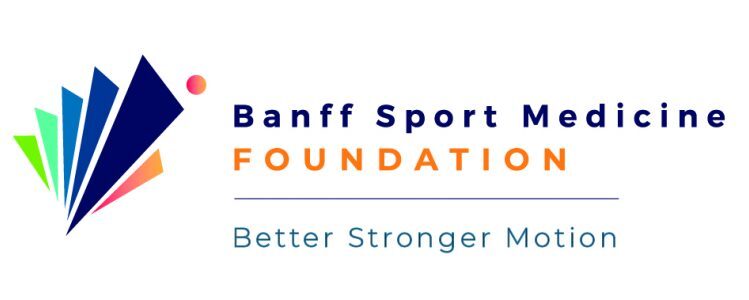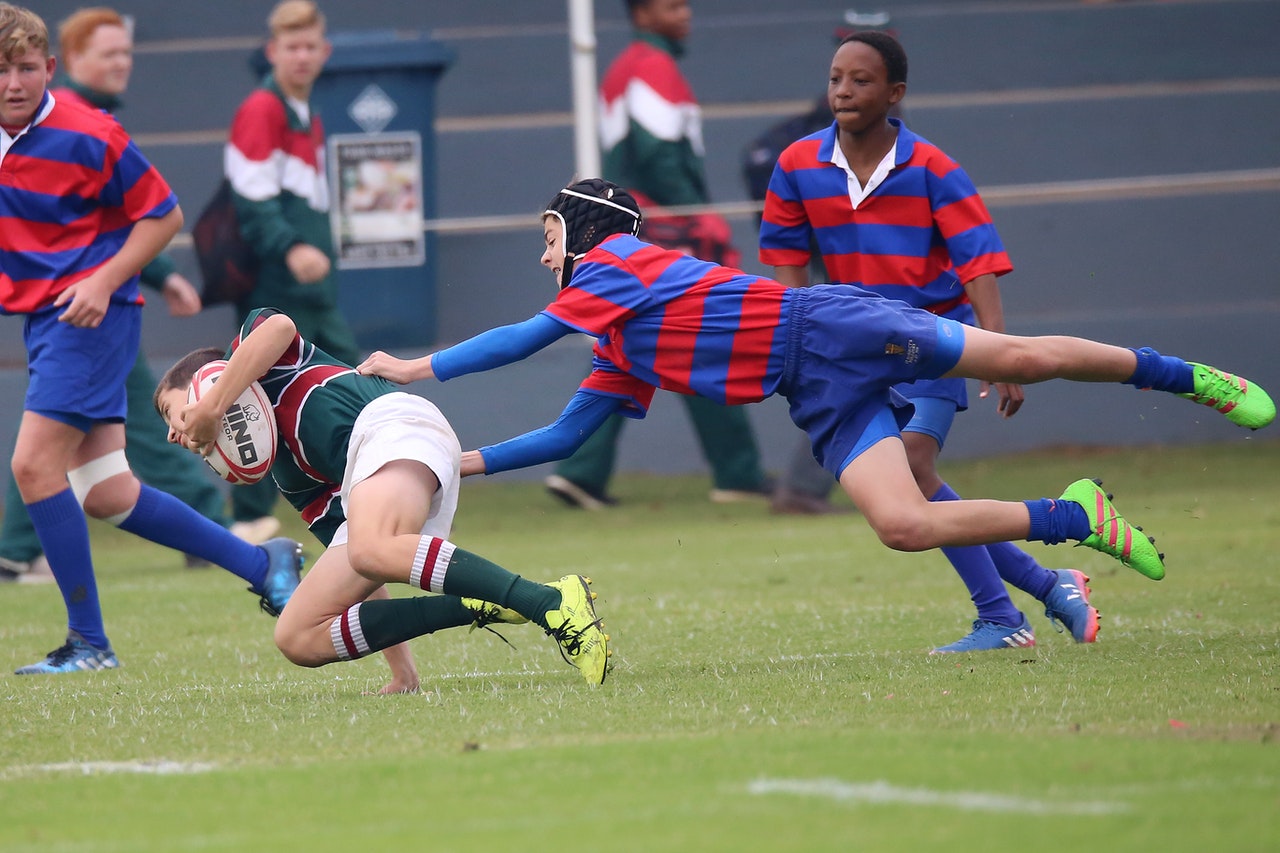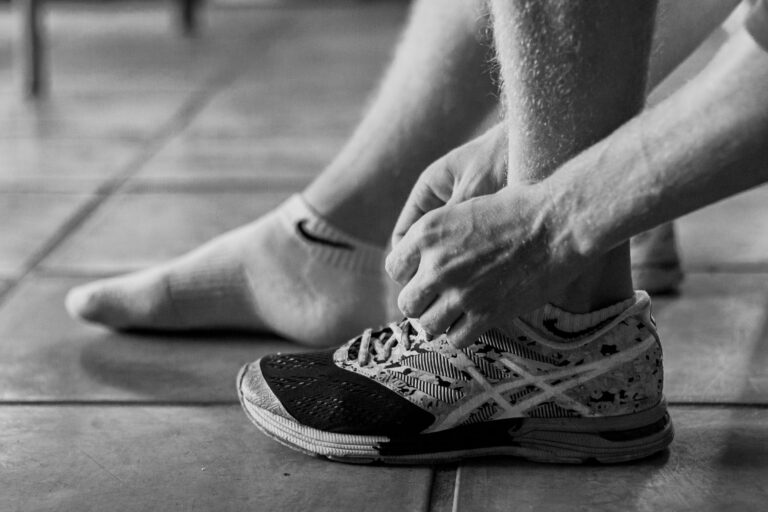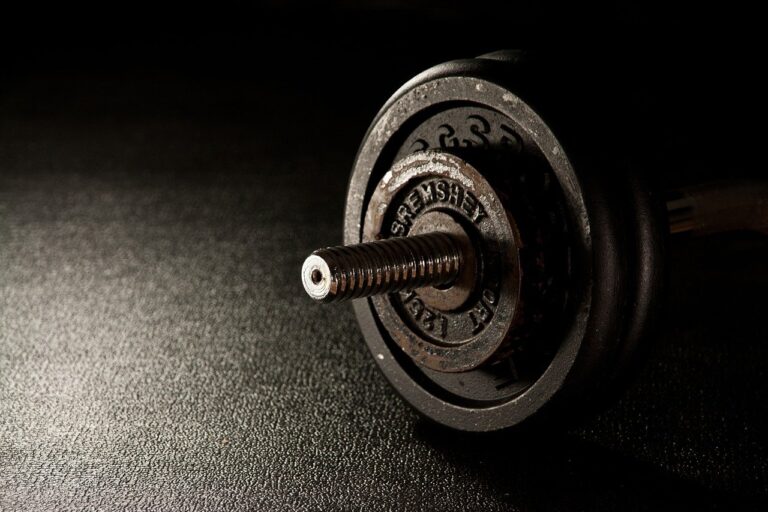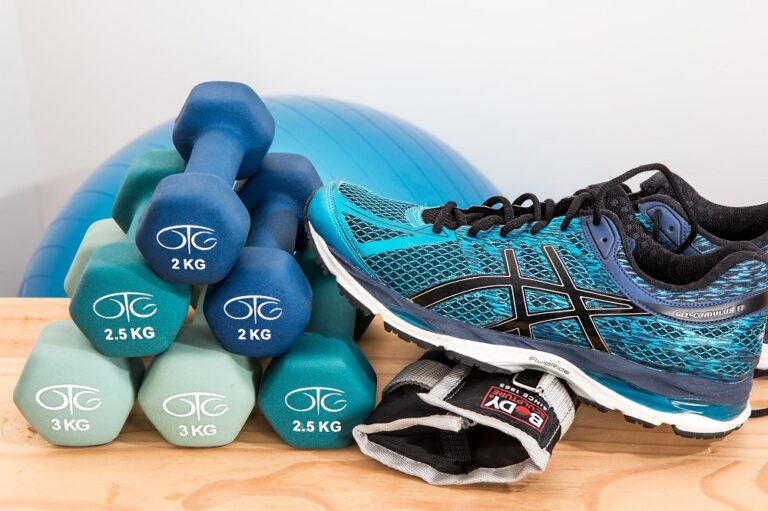My brain hurts: a look at concussions and how they are managed
In his latest column for The Bow Valley Crag & Canyon, BSM Sport Medicine Physician, Dr. Andy Reed discusses how suspected concussions are evaluated and managed in the clinic.
In my last column I gave my thoughts on the recent Tua Tagavailoa concussion issue. For those of you who don’t know, he is an NFL quarterback who suffered two significant impacts to his head 5 days apart, and in the eyes of many experts, his return to competition was poorly managed, increasing the risks of long term damage. I’ve offered up my opinion on this particular case, but I thought it might be interesting to look at some of the things we evaluate in the Sport Medicine clinic, and how we manage the condition. As with all of my medical ramblings in this column, please remember that this does not replace a clinical assessment by your own physician or therapist!

So a concussion is a traumatic brain injury. This sounds serious, and, in some cases, it can be a very serious and life altering injury, but fortunately, the vast majority of concussions recover in a relatively short time frame. The hallmark of the injury is a temporary alteration in normal brain function. This might be manifest in a variety of immediate and delayed symptoms, including headache, a sense of fogginess or altered mental clarity, dizziness or imbalance, nausea, visual disturbance, sleep disturbance, emotional changes and others.
What causes a concussion?
A direct impact to the head is actually not necessary to sustain a concussion – it is thought that a rapid acceleration, deceleration or rotational force subjected to the brain inside the skull causes the injury. Direct impacts to the head can clearly cause concussions, but whiplash type injuries can also be the cause, without direct impact to the skull.
It can be dramatic with an immediate physical reaction, such as Tua Tagavailoa’s second hit, or a loss of consciousness, but in many cases it is a more subtle injury; and because symptoms may not be immediate, it can make for a tough diagnosis to make during a sporting event. It’s not unusual for us to see athletes in clinic who felt OK at the time of their injury, and only later did they begin to feel ‘off’.
Do I need a CT or brain MRI?
Many patients ask us if they should have a CT or brain MRI, but there is typically no structural damage evident on imaging, so these are not helpful most of the time. The injury causes disruption to brain function without any obviously visible structural abnormality.
How fast will I recover?
Timelines to full recovery vary a lot, but are generally rapid, with the vast majority resolving within 2-3 weeks.
Unfortunately, however, some patients do suffer a more protracted recovery.
If you have a history of multiple previous head injuries, a learning disorder, or ADHD, you are at increased risk of a longer recovery.
Female sex, a history of pre-existing depression, anxiety or sleep disorders, and migraine headaches can also prolong the recovery, so we look at all of these factors.
How is a suspected concussion diagnosed?
When we see you in clinic after a suspected concussion, we ask about the injury and symptom progression, and we usually perform a SCAT assessment (Sports Concussion Assessment Tool) which involves assessments of orientation, balance, memory and concentration.
How is a concussion managed?
Based on what we find, individualized recommendations are made.
This usually involves only a short period of complete rest – both physical rest and brain or cognitive rest. This may only be a day or two, because it is now clear that, as with most injuries, prolonged rest is not helpful.

Following this initial rest period a structured return to sports and work or school will begin. We usually start with very light aerobic activity – a brisk walk, an easy spin on a stationary bike, for example. From here, the athlete progresses to more intense activity then to sport specific movements, non-contact drills and then if cleared, to full contact practice and game play.
If symptoms are aggravated at any stage, the athlete returns to the previous stage for a day before progressing. Each stage lasts a minimum of one day.
For school and work, we recommend limiting screen time, especially if symptoms are aggravated, with half days at school or the office initially, until a full workload is tolerated.
Clearly, everyone’s circumstances and activities vary, so we will individualist the return to activity plan.

Many of our patients will benefit from additional guidance, depending on their symptoms. A multidisciplinary approach can be very helpful, and we will often utilize the help of physiotherapy, optometry and psychology, depending on the prominent symptoms and the particular situation.
Physiotherapy can be especially beneficial if there are neck symptoms, or problems with balance and coordination. Studies have shown clearly that physiotherapy can improve symptoms, speed up recovery and return to sports participation, and that the risk of developing prolonged post concussion problems is reduced with early physiotherapy interventions.
I’m often asked about supplements by concussed patients, and there is some really interesting research looking at the supplement creatine monohydrate. This is a well studied , inexpensive and very safe supplement with over one thousand published scientific papers. There is growing evidence that creatine supplementation can not only help with some of the cognitive symptoms often experienced after a concussion, but may actually help to avoid a concussion in the first place! I’ll have to write an article on creatine in the future, but for now I think it is a great supplement for athletes to consider.
The final thing I will mention is that sensitive tests are being developed that detect proteins and enzymes in the blood, which are released into the blood stream after a brain injury or concussion. It is very likely that in the future, these tests will become part of the initial assessment, and may even help us in our return to play directions. Wouldn’t it be great if a blood test could help us diagnose a concussion more rapidly and with certainty, during a game, for example. I expect this will be commonplace in the next decade or so.
Expert Contributor

Dr. Andy Reed, Banff Sport Medicine Physician
